By: Nicole Evans and Courtney Lynch
Voters were eager to go to the polls Tuesday morning in the South Loop for the final stretch of the midterm election.
“This election has a lot of competition, whereas in the last couple of years, there really hasn’t been that much competition,” said Jamarius Esper, 20, a student at Truman College, standing outside of the polling place at Jones College Prep School.
The gubernatorial contest between Gov. Pat Quinn, a Democrat seeking his second full term, and wealthy businessman Bruce Rauner, a Republican, is a tight race that has been neck and neck for the past couple of months.
The Illinois gubernatorial election has been one of the most closely watched races in the country, in part because of Quinn’s perceived vulnerability alongside Rauner’s seemingly unlimited personal resources.
Illinois’ election this year also contains five statewide ballot questions, a record for the state, which has been far behind Missouri and others in the national trend toward government-by-referendum. One referendum that voters said they feel strongly about is the proposed raise in the minimum wage to $10 an hour. The current minimum wage is $8.25 an hour.
“The governor’s race got pretty dirty toward the end. There was a lot of bad talk. I’m going with Quinn because he is trying to raise the minimum wage to $10 an hour. That is a huge thing because Chicago is a very expensive city. You have to make a nice amount of money in order to live here,” said Esper.
Jim Stern, 52, a voter at the South Loop Elementary School, said to turn the economy of Illinois around, he is voting for Rauner.
“The state of Illinois is in terrible economic shape,” Stern said. “I strongly believe Rauner will get the ball rolling to improve the economy of Illinois by creating more jobs and dropping the income tax rate. He is the reason why I’m voting.”
By noon, 353 people had already voted at the South Loop Elementary School, and 125 people had voted at Jones College Prep. Turnout was expected to be lower for the midterms than for the presidential contests in 2008 and 2012.
Quinn has supported keeping the state income tax rate for individuals at 5 percent and wants to avoid a drop back to a 3 percent rate, set to take place on Jan. 1. He has argued that losing the revenue from the 2011 tax increase would hurt the budget just when things are starting to turn around.
He said he favors raising the property tax break homeowners get on their income taxes and has said Rauner’s plans to lower taxes and spend more on schools don’t add up.
Rauner has supported decreasing the income tax rate to 3 percent over the next four years. He has said a decrease will grow the economy. Rauner also said he wants to apply a sales tax to some services to help Illinois get out of debt. He wants to freeze property taxes but has not defined how he will do this. He accuses Quinn of slowing economic growth in Illinois because Quinn backed the tax increase in 2011.
Eric Davis, 38, another voter at the South Loop Elementary School, said, “I believe Rauner will be able to do a much better job than Quinn. Quinn has done nothing positive for the state of Illinois.”

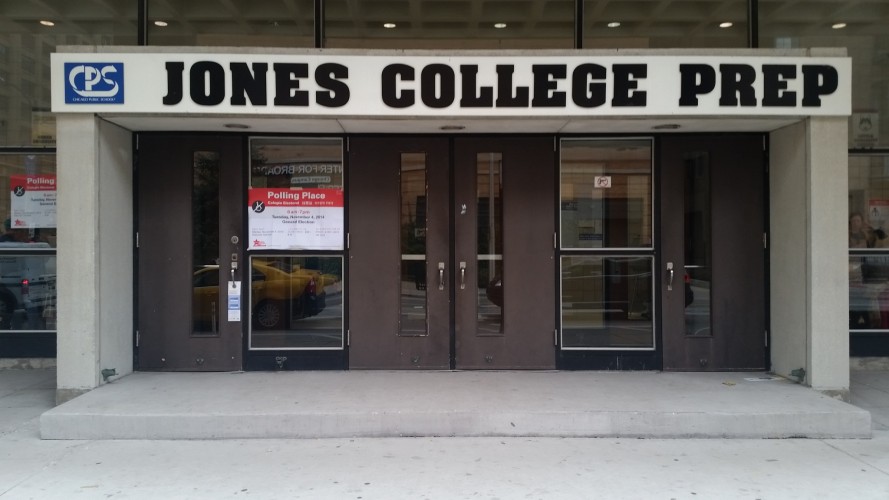

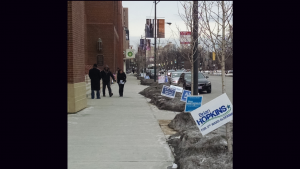
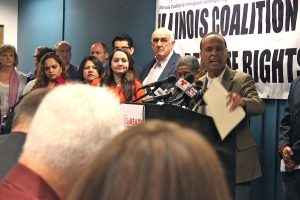
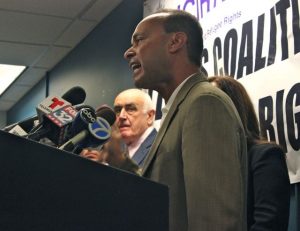

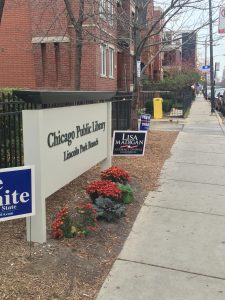





Be First to Comment